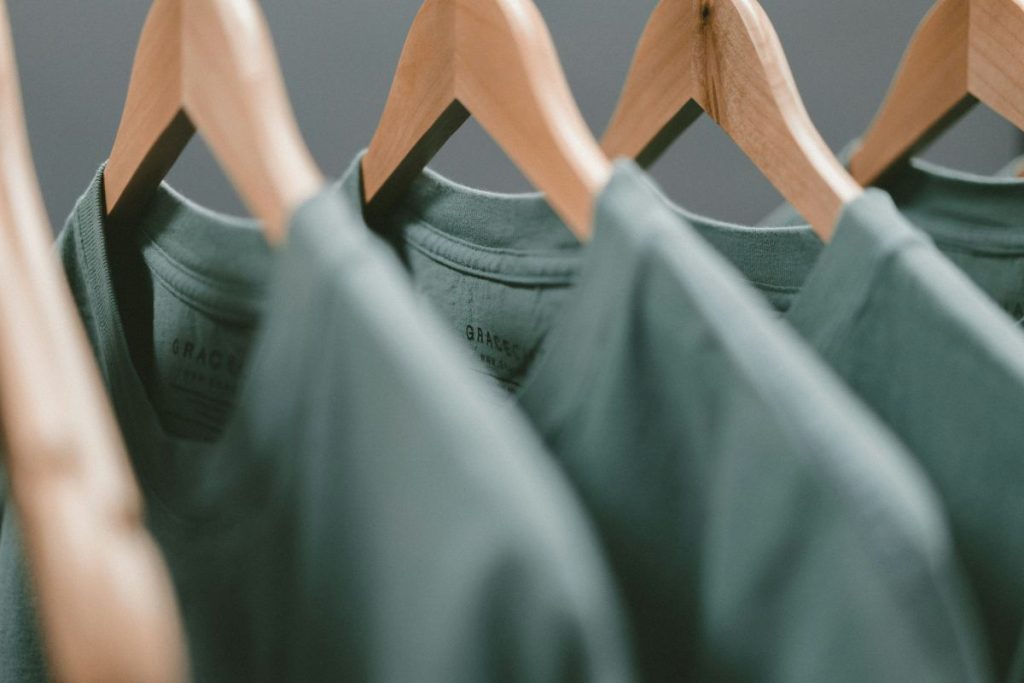Elimination of key labor monitoring contracts sparks backlash from apparel industry groups, who warn the move weakens protections against forced labor and undermines global sourcing standards.
Industry Pushback as U.S. Axes Labor Oversight Initiatives
Fashion and footwear giants are voicing strong opposition following the U.S. Department of Labor’s abrupt cancellation of all contracts linked to the Bureau of International Labor Affairs (ILAB)—a longstanding agency tasked with enforcing fair labor practices across global supply chains.
The decision was announced by the Department of Government Efficiency (DOGE), a Musk-era initiative intended to streamline federal operations. On March 26, DOGE confirmed it had terminated ILAB’s contracts, halting dozens of initiatives focused on labor rights, forced labor prevention, and trade agreement enforcement. Affected programs include a gender equity initiative in Mexico, a labor rights project in Latin American agriculture, and migrant worker protections in Bangladesh.
The American Apparel & Footwear Association (AAFA), which represents major brands including Adidas, DKNY, Gap, and Ralph Lauren, criticized the move as damaging to both American competitiveness and ethical sourcing efforts.
“Our members, and their 3.5 million American workers, rely heavily on ILAB’s work to promote a fair global playing field,” said Steve Lamar, AAFA president and CEO. “With today’s elimination of ILAB’s grants, we will be moving from an even playing field to an uphill battle.”
Concerns Mount Over Cotton Supply Chains and Trade Compliance
The AAFA has formally appealed to U.S. Labor Secretary Lori Chavez-DeRemer to reinstate funding for a key ILAB initiative in Uzbekistan, one of the world’s largest cotton producers. The program supported monitoring and protections against child labor—an area in which Uzbekistan has made major strides in recent years. Between 2015 and 2022, the International Labor Organization estimates two million children were removed from exploitative conditions in the country’s cotton fields.
AAFA leaders warn that reversing course now could reintroduce unacceptable labor risks into the global cotton supply chain, creating challenges for U.S. brands striving to uphold ethical sourcing policies. Without independent oversight and international collaboration, American firms may be forced to compete against suppliers that operate under looser labor standards and enforcement.
The broader concern is that the removal of ILAB’s infrastructure erodes trust in supply chain transparency—placing responsible procurement teams in a more precarious position as they manage risk, compliance, and public expectations.
A Short-Term Cut, a Long-Term Supply Chain Risk
This decision strips away a critical piece of the infrastructure that supports responsible sourcing. For years, ILAB has acted as a stabilizing force—helping businesses identify labor risks, navigate trade compliance, and uphold ethical standards in opaque and often volatile regions.
Removing that layer of governance may reduce federal costs today, but it increases the burden on private firms tomorrow. As regulatory frameworks evolve and ESG expectations grow more exacting, cutting tools that help industry monitor and manage labor risk seems not only counterproductive—but shortsighted.







